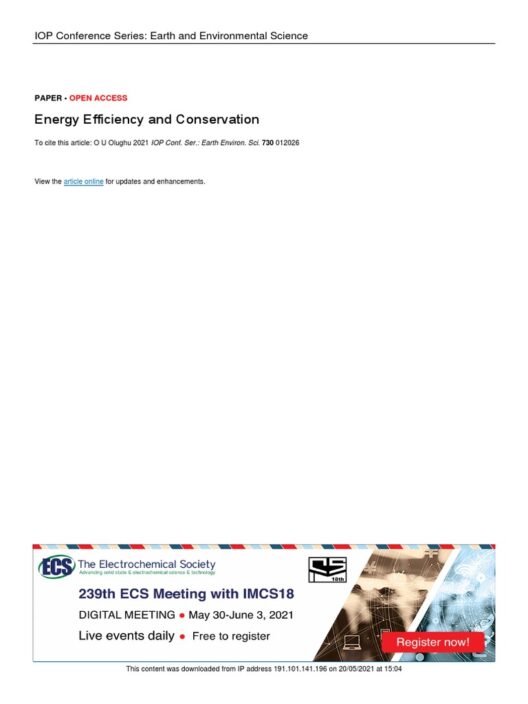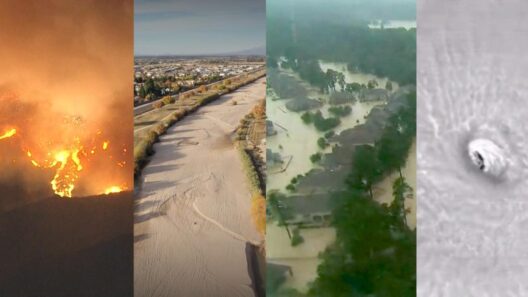The scientifically substantiated phenomenon of global warming continues to catalyze debates, influencing diverse public sentiments across various demographics. Despite decades of mounting evidence indicating the realities of climate change and its impending repercussions, one must ask: do people still believe in global warming?
Understanding the nuances of public opinion on global warming necessitates a multidimensional approach. Factors influencing beliefs include education, socioeconomic status, political affiliation, cultural norms, and exposure to scientific literature. While some factions express unwavering support for climate justice, others remain skeptical or indifferent to the catastrophic impacts of climate change.
Recent surveys reveal a pivotal shift in public awareness. Approximately two-thirds of Americans acknowledge the existence of global warming, attributing it primarily to human activity. This recognition signifies progress; the increasing acceptance serves as a foundation for mobilizing action. Nevertheless, a significant proportion of the population still contests the scientific consensus, often swayed by misinformation or political rhetoric that undermines climate science.
The political landscape plays an instrumental role in shaping public perception. In nations where climate change has been politicized, allegiances to parties can heavily influence citizens’ beliefs. For instance, Republicans in the United States are generally less likely to acknowledge climate change when juxtaposed with their Democratic counterparts. This dichotomy can lead to polarization, complicating collaborative efforts to address environmental issues. An alarming trend emerges as climate change is often viewed through a partisan lens, where the acknowledgment of scientific data aligns more with political ideology than empirical evidence.
Education undoubtedly serves as a linchpin in fostering a belief in climate change. Enhanced scientific literacy can cultivate a robust understanding of complex phenomena such as greenhouse gas emissions, temperature rise, and ecosystem degradation. Educational institutions play a crucial role in disseminating information, yet the quality and type of education vary significantly between regions and demographic groups. Where formal education may lack, grassroots organizations and community-led initiatives often fill the void, promoting awareness through workshops, discussions, and activism.
Media portrayal also commands considerable influence over public sentiment. The framing of climate change stories can evoke compelling responses. Coverage that emphasizes dire consequences and urgent calls to action tends to resonate more with audiences than those that downplay the seriousness of the issue. Furthermore, stories that humanize the crisis, illustrating the tangible effects on vulnerable communities, can enhance empathy and galvanize action. However, sensationalism can work counterproductively, inducing a sense of helplessness rather than empowerment.
Moreover, the psychological concept of cognitive dissonance elucidates why some individuals continue to embrace skepticism. When faced with a dissonance between personal beliefs and the overwhelming evidence of climate change, individuals may retreat into denial, protecting their worldview at the expense of accepting an uncomfortable reality. This psychological mechanism complicates efforts to communicate the urgency of climate action. Activating curiosity and encouraging critical thinking are essential strategies for transforming skepticism into understanding.
Interestingly, recent grassroots movements like Fridays for Future and Extinction Rebellion have rejuvenated public discourse on climate change. These movements, driven by younger generations, emphasize climate justice, sustainability, and accountability. They bring together individuals from varied backgrounds, transcending political divisions and fostering a collective movement towards climate action. The youth-led initiatives have not only garnered extensive media attention but also spurred governmental and institutional responses, highlighting a pivotal evolution in public engagement with climate issues. In many ways, these movements represent a burgeoning consciousness around the urgency of climate action, galvanizing shared responsibility among diverse populations.
A notable aspect deserving exploration is the interplay between local experiences and belief systems. Individuals often draw upon personal experiences when assessing the validity of climate change. Diminishing agricultural yields, extreme weather events, and shifting local ecosystems prompt communities to adapt and rethink traditional narratives surrounding climate science. Hence, anecdotal evidence becomes a driving force in shaping perceptions, even as it contrasts with broader scientific consensus. Engaging communities in discussions about localized impacts can serve to bridge gaps and dissolve skepticism, fostering a sense of urgency grounded in personal reality.
In light of persistent skepticism, the importance of transparent communication cannot be overstated. Engaging experts to articulate the implications of climate science in accessible language is paramount. Demystifying the jargon of climatology can empower individuals to assimilate information and cultivate informed opinions. Mitigating misinformation through credible sources is equally vital as it ensures that public sentiment is grounded in verifiable facts.
As the world grapples with the fallout of climate change—rising sea levels, increased frequency of natural disasters, and biodiversity loss—one must grapple with the ever-evolving landscape of public opinion. Awareness is growing, but complacency remains a formidable adversary. The future hinges on our collective capacity to transcend skepticism, cultivate informed discourse, and galvanize actionable solutions. It is a call to embrace curiosity, foster understanding, and commit to a shared endeavor in the pursuit of a sustainable future.
In conclusion, while there is an increasing acknowledgment of global warming, significant barriers to belief persist. These barriers necessitate concerted efforts in education, communication, and community engagement. The future of our planet demands not only recognition of the issue at hand but also a unified front of action. In challenging times, the promise of a shift in perspective lies in our ability to champion informed discussion, ultimately ensuring that the understanding of climate change is embraced and acted upon, rather than dismissed or ignored.







